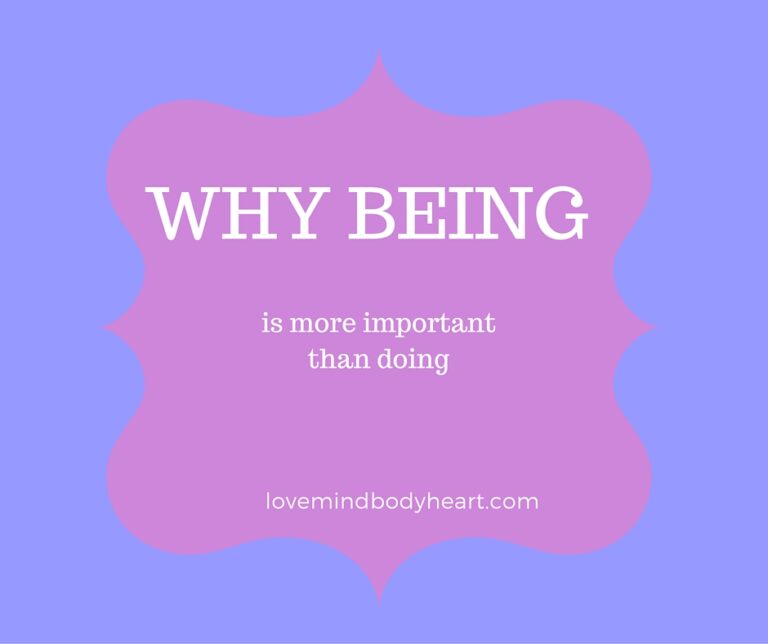
We think of ourselves, when we are born, as a limb in our mother’s body. We fully believe we are a part it. The separation of self occurs approximately 2 years after our arrival on Earth. We then realize that we are distinct from our mother. This is the place where the ‘I’ and all other’ The distinction is important. We learn to understand ourselves and notice our desires. All sentences are based upon the ‘I” subject.
“I don’t want to share my toys.”
“I want pasta.”
“I want to play a video game.”
Do you find it familiar? These self-centered phrases are common among toddlers. So were we. Did you know that we were influenced by the opinions of others when we made decisions? What happened? We acted according to the opinions of others. say?” “?
It doesn’t matter what other people think. As we live on, others are with us all the time, which is why they make up one of the most important aspects of our lives. It doesn’t seem realistic to me. Do you care about what other people think? Of us. But, it doesn’t mean that our wishes, approvals and appreciations are more important than theirs. This is where I believe the priorities can get lost and the scales can get misaligned.
There are many reasons to be more people-oriented
I would like to share with you the following: Factors that can cause We can’t care enough about others’ opinions by feeding off different approaches and filtering our knowledge and ideas.
Approval Seeking Chart
Let’s begin with the theoretical knowledge. Remember to be mindful when you are living focusing on the needs of others. According to Schema therapy theory, We call it the approval-seeking scheme when one’s behavior is designed in order to gain approval and acceptance from others. Accordingly, the second dimension of life is to live focused and to shape the’me-perception’ according to feedback from others. The person may then be living a life focused on receiving approval. These are possible reasons for the creation of this schema. The family he grew to love was conditional and focused on the others. He was raised in a family where status was important.
Insufficient self-worth
We may also care too much for the opinions of others. Because of our low self-worth perception. The conditional self-worth theory states that people decide their values based upon their beliefs. Internal resources You can also get feedback from others. If we judge our worth based on how well we do academically and how much others appreciate us in a subject, then this is a people-oriented approach. For someone to feel valued, they need the positive thoughts and support of others. He cares too much about what other people think of him.
Negative Core Beliefs
Our fundamental beliefs may also be a reason we live with others in mind. About us. We should be deeply concerned about our temperament and early childhood experiences., ‘I am incompetent’, ‘I am incompetent’, ‘I am unsuccessful’, ‘I am ugly.’ We cannot objectively assess ourselves if our beliefs are negative. No matter what we believe, it doesn’t matter how much. inner voice We are judged. We need to be judged. Positive feedback To love and feel good, we must learn from others. You can do it in a way that is good for you.We try to accept and appreciate ourselves as well as others by trying to make up for it.
Incorrect Priority Order
We may face serious problems if we don’t properly analyze the priorities in our lives. If you don’t analyze what priorities we will set in our lives, then there may be serious consequences. If you believe that others are more valuable and important than you, then they will naturally have priority in your life. We are responsible for providing a positive experience. life and protecting our physical-psychological health. Decide on a behavior that will please others. Instead of asking, “What kind of life would I like?” and “What behavior will best serve that goal?” Asking questions doesn’t make us selfish. Only the person who is responsible for giving priority to himself should do so.
You don’t know yourself
One of the reasons we care so much for the opinions of others is that we don’t know our own self and don’t know how to make friends with ourselves. Understanding yourself means knowing your desires, thoughts, and feelings. If we didn’t learn how to recognize our emotions, desires, and thoughts when we were small, then we would need to acquire this skill later. This skill is not something we can learn. We might try to please other people later, because we are not sure what will satisfy. ‘How do I What are you feeling right now?”, “Why do you feel this way?”‘, ‘What is the most important thing to me?’, “What do you believe about this?” For someone who is not used to asking such questions, it will be hard to get to know him and to shape his behavior accordingly.